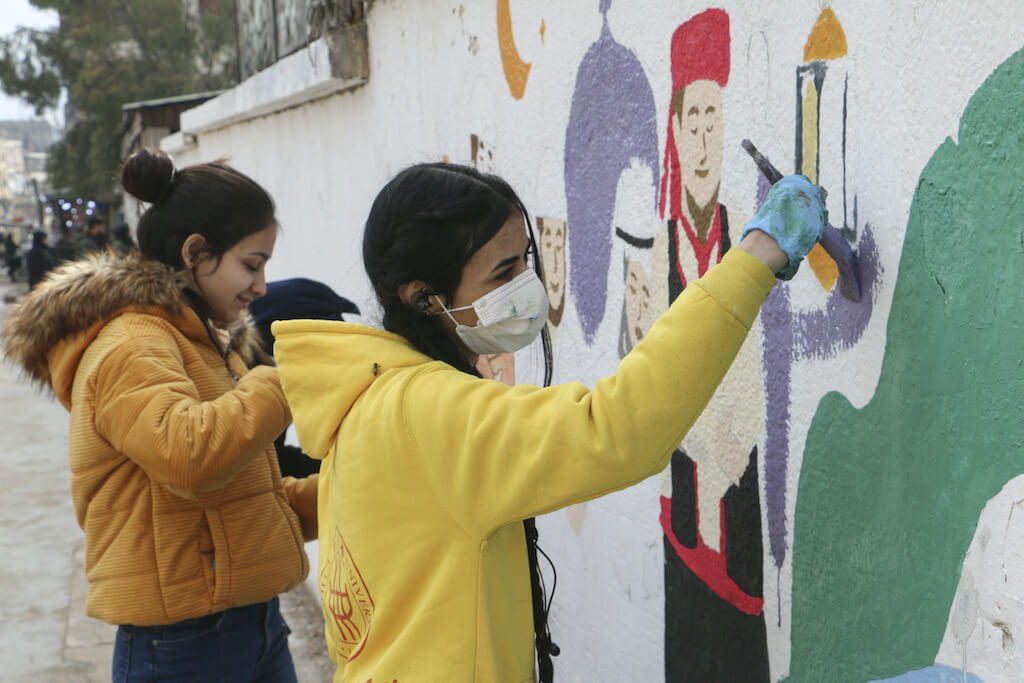The decision by the Turkish Constitutional Court to reject the closure case against the Justice and Development Party (AK Party) opens a new chapter in the history of Turkish democracy.
Months of crisis, tension and uncertainty have ended with a decision that could set a precedent for similar cases in the future. To the astonishment of the Turkish people and the international community, the case was filed, freezing politics for four-and-a-half months. Now that the case is behind us, there are lessons to be derived for all stakeholders.
First for the judiciary. For too long, the Turkish judiciary has been under the suspicion of political influence. The self-proclaimed mission of protecting the secular Turkish state has undermined the impartiality and credibility of the judicial system. The primary goal of the law and legal institutions is to protect individual rights against the state, not vice versa. A narrow and militant interpretation of state secularism cannot be a basis for a fair and transparent judicial system. Judges must uphold the sanctity and integrity of the constitution and universal human rights and stay away from being a fifth pillar of a minority ideology. All of this calls for a revamping of the judicial system and introducing a new constitution, which the AK Party put on the backburner as of last year.
The lesson for opposition parties is obvious: Do not make the judicial system part of your politics. The Republican People's Party's (CHP) performance since March 14, when prosecutor Abdurrahman Yalçınkaya submitted his case to the Constitutional Court, has been ideological, irresponsible and subversive, to say the least. Instead of standing against shutting political parties, the CHP leadership acted with jubilation. The CHP should clear itself of such charges as, "If you can't beat them at the ballot box, get the judges to do your fight." All political parties from far right to center and far left should work together to end the closure of political parties in Turkey unless they are found guilty of being actively involved in violence. This holds true for the Democratic Society Party (DTP), a case against which is also at the Constitutional Court.
The lesson for the Turkish media can be summed up in one word: responsibility. The extreme polarization generated by the Turkish media over the last four months should be an occasion to introduce concrete measure to stop the manipulation of information and public opinion. Media wars produce only sore losers and bitter enemies.
The lessons for the AK Party must be greater. Prime Minister Recep Tayyip Erdoğan managed a narrow escape in the most difficult trial of his political life. He must turn this into an opportunity and continue with political reforms. He is expected to come through on his promise to "be the prime minister of every Turkish citizen, including those who did not vote for him," a promise he made at his election victory speech exactly one year ago. This statement means different things to different people. But what it means for Turkish democracy is clear: Turkey must move towards full democracy and transparency. Therefore the Ergenekon investigation must be quickly resolved to clean the state of any illegal organizations.
The EU process must be revitalized not just by words but by deeds. While the status and future of Cyprus continues to be the most important political block, the AK Party government has been lagging behind in the membership process in numerous other areas. The immediate measures should include introducing a new constitution, acting on the Kurdish issue, and addressing the grievances of religious minorities. Turkey's increasing role in the Middle East must also continue to strengthen regional initiatives and prevent conflict including a possible attack on Iran.
As for the headscarf issue, it will continue to be a contested and polarizing issue between the establishment and the reformists. The headscarf ban at Turkish universities must be lifted, as there is no justificati








